International Spokesman: Joseph Nasr
Phone: +49-(0)340-2103-5485
E-mail: joseph [dot] nasr [at] uba [dot] de
 Umweltbundesamt
Umweltbundesamt
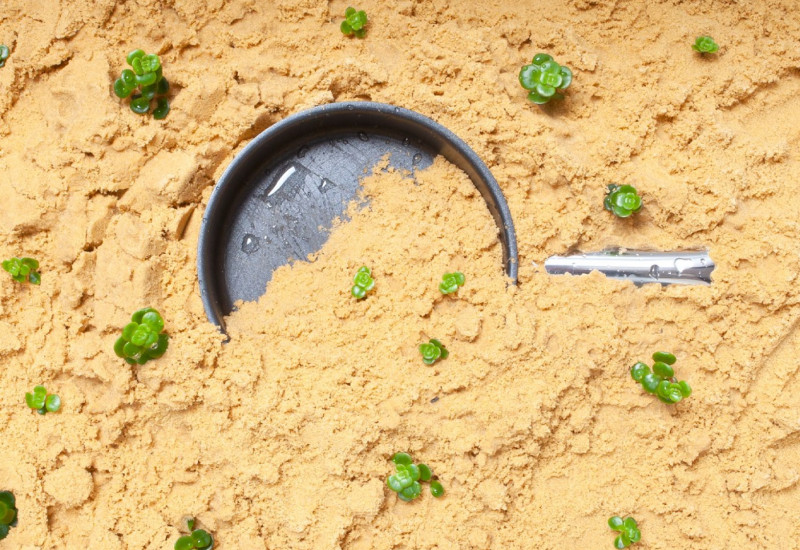
Children and adolescents between the ages of 3 and 17 in Germany have too many persistent chemicals from the per- and polyfluoroalkyl substance group, or PFAS, in their blood. These are the findings of an evaluation of the representative German Environmental Survey for Children and Adolescents, GerES V. read more
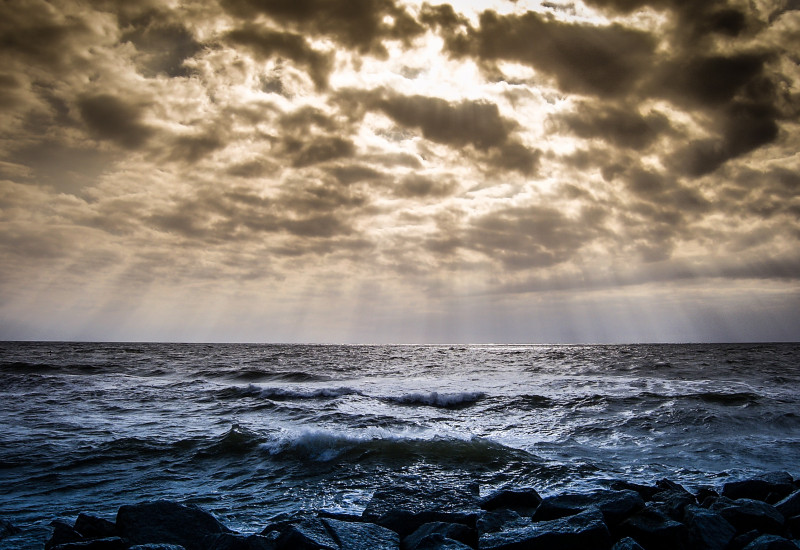
On 1 July 2020, Germany assumed chairmanship of the Baltic Marine Environment Protection Commission – Helsinki Commission (HELCOM) for a period of two years. Oversupply of nutrients, unexploded ordnance, marine litter, underwater noise pollution and climate change are the stresses on the marine ecosystems of the Baltic Sea on which Germany wants to focus during its tenure. read more

Meat substitute products such as vegetarian sausage, schnitzel or meatballs are becoming increasingly popular in Germany. A study entitled "Meat of the Future" by the German Environment Agency examines the effects which meat substitutes have on the environment and health and what role they could play in a future diet. read more
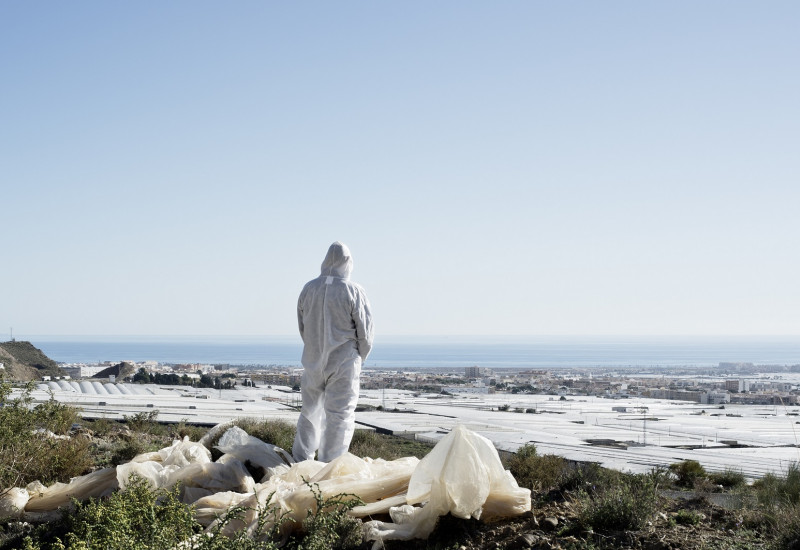
Waste is everywhere: in the Great Pacific garbage patch, as fine particular matter in the air, or as microplastics in the food chain. The group exhibition Zero Waste showcases international positions in contemporary art that point out the urgency to save resources, consume less, and live more sustainably. Zero Waste is on display at the MdBK Museum of fine arts in Leipzig from Jun 25 til Nov 8. read more

The German Environment Agency has published the final data for 2019 on nitrogen dioxide (NO2). The data show that only 25 cities exceeded the annual mean NO2 limit value of 40 micrograms NO2 per cubic metre of air (µg/m³), compared to 57 cities in the previous year. read more
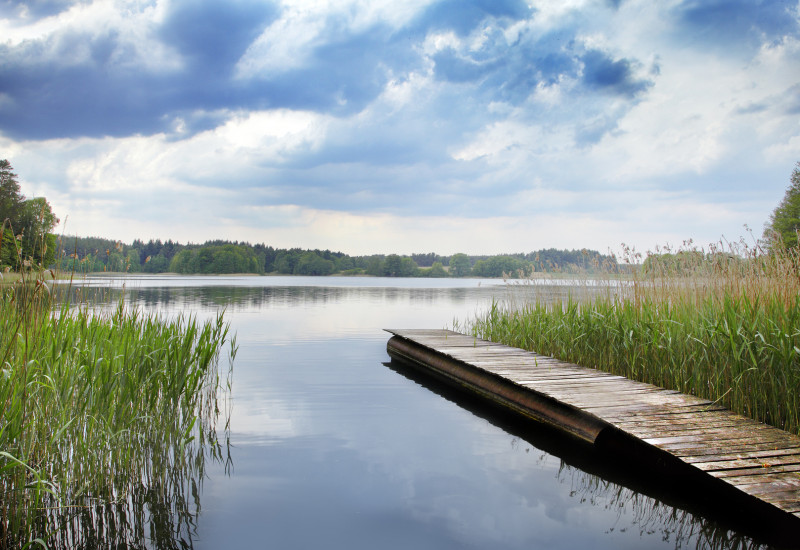
In the 2019 bathing season, the EU Commission rated 93% of all German bathing water sites 'excellent'. Overall, 98 percent of bathing waters in lakes, rivers and on the coast were in compliance with the quality standards of the European Bathing Water Directive. This data is confirmed by the Quality of Bathing Water data published by the EU Commission on 8 June for the 2019 bathing season. read more

Several million buildings in Germany built or refurbished before October 1993 may still contain asbestos today. A new guideline offers advice, especially to non-specialists, on what to consider when planning renovation and DIY work. read more
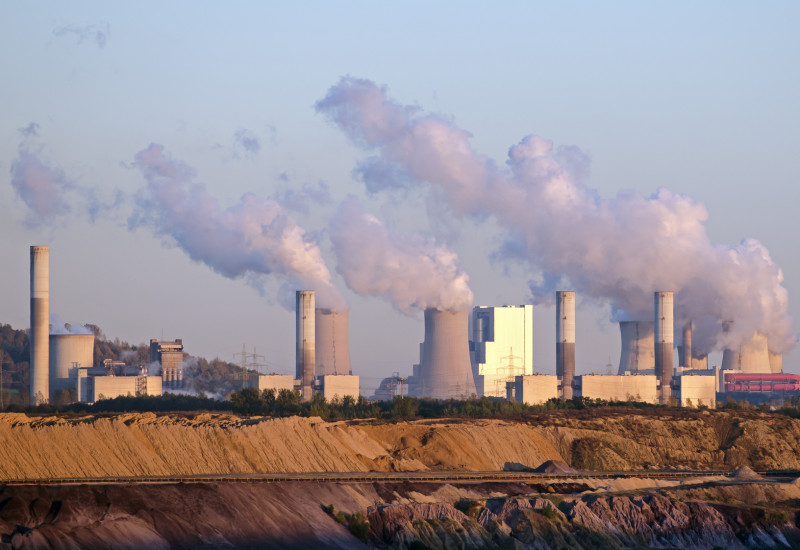
The 2019 emissions of the roughly 1,850 stationary installations in Germany recorded in the European Emissions Trading System (EU-ETS) amounted to around 363 million tonnes of carbon dioxide equivalents (CO2eq). This is a 14-percent decrease compared to the previous year. read more